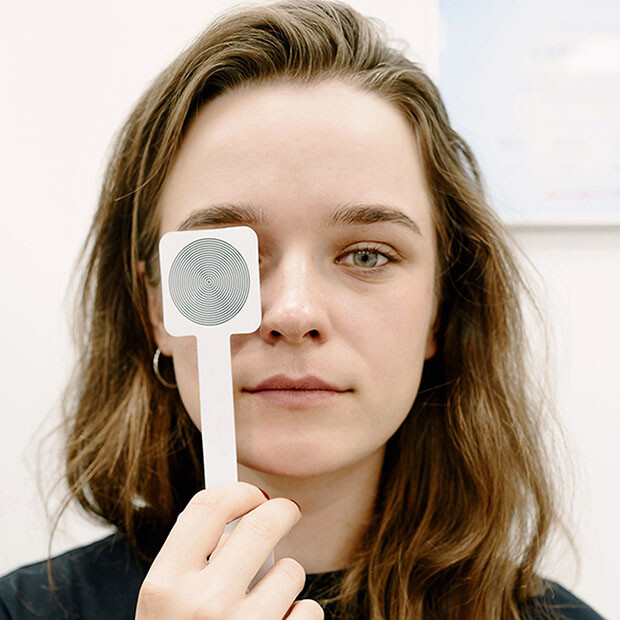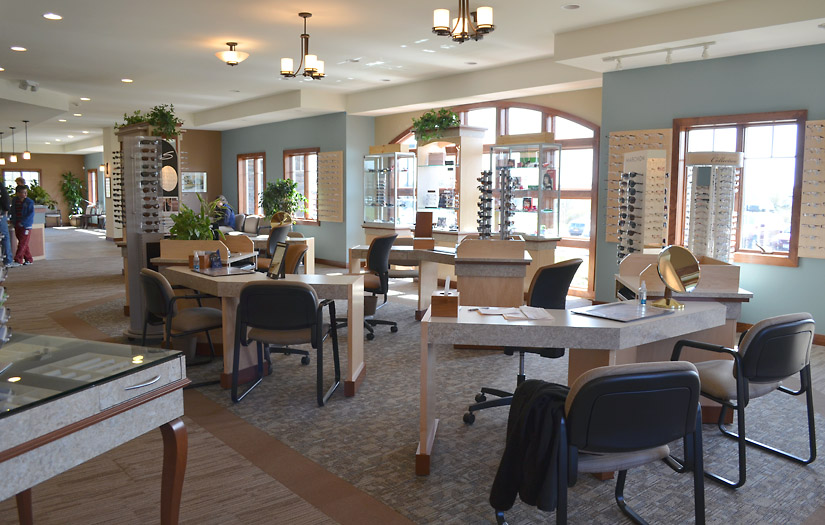Eye Exam Frequency

How often should you be getting an eye exam, considering your eye health history?
Preventative care is as important for our eyes as it is for our teeth and our overall health, which means we should be getting regular eye exams even when we don’t need a new glasses or contact lens prescription. Our eyes are amazingly complex organs, which means there are many ways something can go wrong. Getting regular eye exams is the only way to catch sight-threatening conditions and more minor issues early on.
What Does “Regular” Mean in My Case?
Each patient has a different ideal eye exam schedule depending on their age and risk factors for eye diseases, but in general, we recommend that parents bring their kids to see us first at six months old, then at three years, and then before starting school. These early eye exams are essential for addressing any vision problems that could interfere with learning. Far too many correctable eye conditions go undiagnosed in childhood.
For older kids and adults, a good rule of thumb is to get an eye exam every two years. Around age 60, it’s time to increase that to once every year. There are some cases, however, that are more unique and need more frequent attention from an eye doctor.
Eye Disease Risk Factors
The biggest risk factor for eye diseases like glaucoma or macular degeneration is a family history of them, or even a family history of chronic conditions like diabetes or hypertension. Sometimes medications cause eye trouble by drying out the eyes. Make sure to keep track of eye-related side effects so that they won’t develop into serious discomfort or eye infections.
We can’t control our age or family medical history, but one risk factor we can control is tobacco use. Smoking dramatically increases the risk of most sight-threatening conditions. So does UV exposure, which we can protect against by wearing UV-blocking sunglasses whenever we’re outdoors or driving in daylight hours. The damage UV exposure does to our eyes is cumulative over the course of our lives, so preventative measures are very important for maintaining healthy eyesight as we get older.
Eye Problems Have No Respect for Our Schedules
It’s good to follow your recommended appointment schedule for eye exams, but don’t wait months for the next one if you’re experiencing new eye-related symptoms. Come see us as soon as possible if you develop any of these symptoms:
- New sensitivity to light. This could mean an eye infection.
- Loss of night vision or difficulty driving at night. A symptom of vision loss.
- Blurry vision. Sometimes a simple prescription update is enough to address this, but even if that’s all it is, why wait to get your clear vision back?
- Frequent headaches. Many people assume it’s normal to get headaches a lot, but there’s usually an underlying cause and it’s often connected to an untreated eye problem.
- Sudden increase in floaters, bright flashes, or peripheral vision loss. These are all symptoms of retinal detachment, which needs to be treated very quickly to prevent permanent blindness.
We Look Forward to Seeing You
It can be easy to forget about an appointment that only comes around once every other year, but we encourage our patients to stick to the eye exam schedule we recommend for their situation. If you can’t remember how long it’s been since the last time we see you, now’s a great time to reset the clock! Contact us to schedule your appointment.

